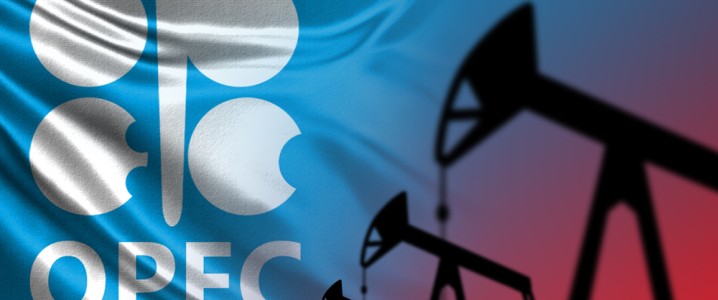The OPEC+ producers are expected in August to agree on another superhike in production for September that would complete the unwinding of the 2.2 million barrels per day (bpd) output cuts, Goldman Sachs said after the alliance surprised the market with a larger-than-forecast boost for August.
The OPEC+ group is set to unwind the last 550,000 bpd of the 2.2-million-bpd cut in September, the investment bank said in a weekend note.
On Saturday, the eight OPEC+ producers withholding supply to the market decided to ramp up oil production more aggressively than anticipated in August.
At the virtual meeting Saturday, the eight core members led by Saudi Arabia agreed to add 548,000 bpd to global supply—exceeding earlier expectations of a 411,000 bpd hike. The move sets the bloc on track to fully unwind 2.2 million bpd of prior cuts nearly a year ahead of schedule.
“Saturday’s announcement to accelerate supply hikes increases our confidence that the shift, which we started flagging last summer, to a more long-run equilibrium focused on normalizing spare capacity and market share, supporting internal cohesion, and strategically disciplining US shale supply, is continuing,” Goldman Sachs analysts wrote in a note carried by Reuters.
Saudi Arabia, Russia, Iraq, UAE, Kuwait, Kazakhstan, Algeria, and Oman cited “current healthy oil market fundamentals and steady global economic outlook”, as well as “low oil inventories”, for their decision to boost August production by more than previously expected.
The decision reflects short-term bullish fundamentals for this summer. The superhike also reaffirms OPEC’s major pivot from defending oil prices to boosting output and market share for producers such as Saudi Arabia that have stuck to their quotas, and punishing producers that have overproduced and now have to forego most of their share of the production hike. Of these overproducers, Iraq and Russia appear to be trying to fall in line, but Kazakhstan continues to defy OPEC+ and pumps hundreds of thousands of barrels per day above its output ceiling, citing its inability to force foreign oil majors to cut production from new projects.
The actual production increase from OPEC+ will be lower than the headline figure suggests, due to compensations for previous overproduction.
Nevertheless, the superhike in August – and possibly in September – would accelerate the market glut after peak summer demand starts to wane in the autumn and winter, analysts say.
By Tsvetana Paraskova for Oilprice.com
More Top Reads From Oilprice.com:

